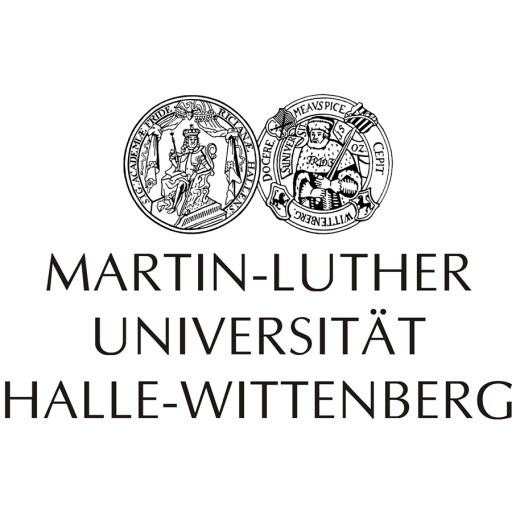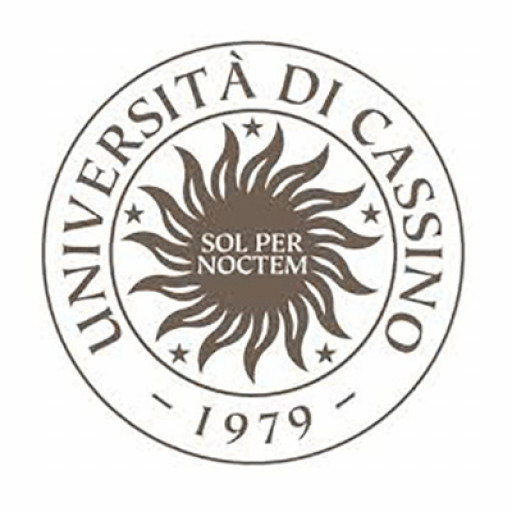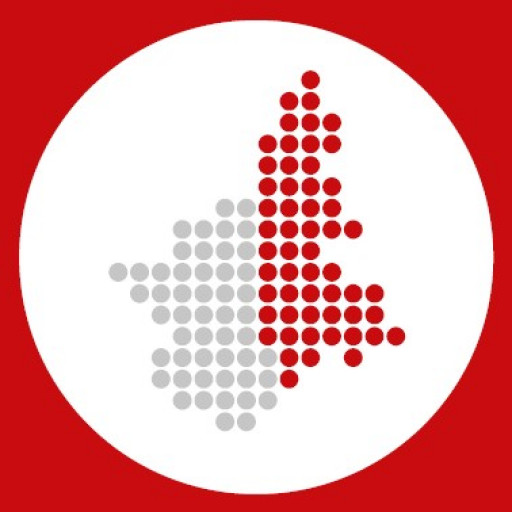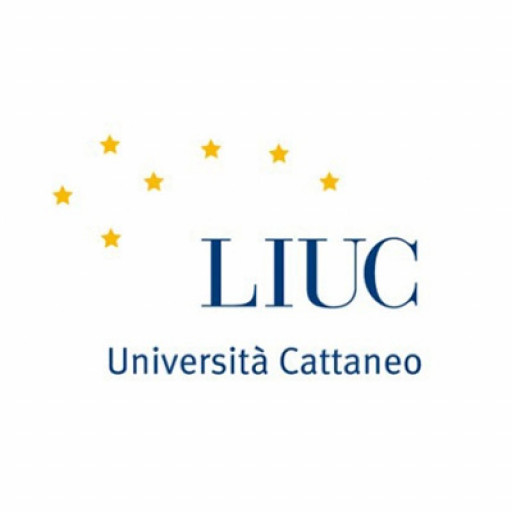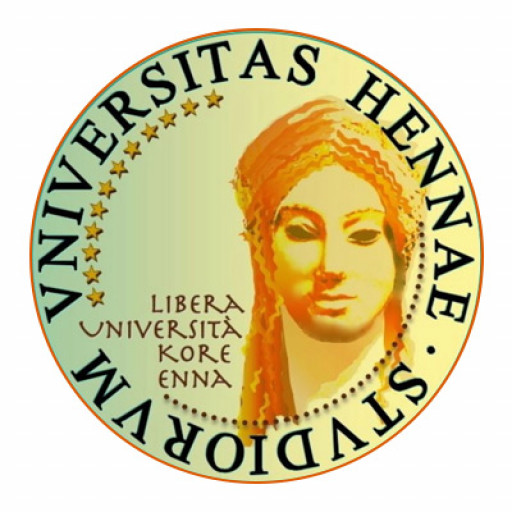Photos of university / #uni_halle
The Business Economics program at Martin Luther University Halle-Wittenberg offers a comprehensive and rigorous education designed to equip students with the essential knowledge and skills needed to succeed in the dynamic world of business and economics. This degree program provides a solid foundation in core economic theories, business management principles, and quantitative methods, enabling students to analyze complex economic issues and make informed managerial decisions. The curriculum combines theoretical coursework with practical applications, including case studies, projects, and internships, fostering an understanding of real-world business challenges across various industries. Students will explore subjects such as microeconomics, macroeconomics, financial accounting, managerial accounting, marketing, organizational behavior, and strategic management, among others. Emphasis is placed on developing critical thinking, analytical competence, and problem-solving skills that are essential for leadership roles in both private and public sectors. The program also incorporates modern digital tools and data analysis techniques to prepare graduates for the increasingly data-driven business environment. Through a combination of lectures, seminars, workshops, and individualized mentoring, students are encouraged to engage actively with their peers and faculty, fostering a collaborative learning environment. The university’s strong ties with local businesses, industry partners, and alumni network open opportunities for internships and practical training, enabling students to gain valuable work experience and build professional networks. Graduates of the Business Economics program are well-prepared for careers in consulting, finance, marketing, economic analysis, and management roles across diverse organizations. Additionally, the program provides a solid base for those interested in pursuing further academic research or advanced degrees in economics and business administration. With its distinguished academic staff and modern facilities, Martin Luther University Halle-Wittenberg aims to create an enriching educational experience that prepares students for successful careers in a globalized economy.
Educational organisation
The curriculum comprises five different subjects: business studies and economics courses that convey the fundamental concepts of their respective fields, quantitative methods classes, basics in law and intensive training in foreign languages. All these subjects are taught as lectures, seminars, independent research or other projects.The courses of the first four semesters are mandatory, but you may choose additional courses that reflect your personal interests in your final year. Advanced classes are offered on nearly every subject. Whether you want to specialise in business issues such as accounting, economic analysis of trade or public health care or delve into time series and quantitative analysis is entirely your choice.
The very specific curriculum can be downloaded from our website and serves merely as a guideline. Generally, students may complete the mandatory classes in their preferred order, i.e. shift the workload between semesters while completing the mandatory internship.
Study abroad unit(s)
Not mandatory but encouraged and supportedInternships
A mandatory internship is part of the curriculum and is usually completed during a summer break. It is possible and common for students to spend up to six months on internships to explore their interests and bond with potential employers.Forms of assessment
- Credit points
- Oral and/or written exams at the end of each semester
- Bachelor's thesis
Course objectives
Our students acquire a range of transferable skills, enabling them to pursue a wide choice of careers, for example in companies, government, international agencies, private sector organisations and education. The applied nature of the course greatly appeals to employers and our graduates enter careers in banking, accountancy, government and the corporate sector.Our graduates can also continue their education and attend one of our numerous Master's programmes or choose any other international university to continue their studies.
Language requirements
Good command of the English language documented by a TOEFL score (for internet-based: min. 80), an IELTS (min. 6.0) or results from a similar international English proficiency test.Academic requirements
- Secondary education (Abitur, A-Levels etc.) or equivalent university entrance qualifications
- TOEFL score (internet-based, min. 80) or an equivalent proof of language proficiency
- CV + motivation letter are mandatory
- Optional: references etc.
Enrolment fees
180 EUR per semesterCosts of living
About 670 EUR per monthJob opportunities
International students have the option to work as interns at numerous companies in Halle/Leipzig or, more commonly, in the service sector. Outstanding students may also be hired as tutors or assistants by various chairs at the faculty.Arrival support
The international Bachelor's community is known to be a very friendly and welcoming group of students with strong cohesion among its members. Both German and international students enjoy the friendly atmosphere of this small programme. Freshmen in particular benefit from a great degree of volunteering by students in higher semesters who help them settle in.Orientation week is the first time you will meet your fellow students. The international Bachelor's team will organise activities and generally show you around as a group. Throughout the year, they arrange further events and parties for students from all semesters of the programme and you are invited to join all of them.
Services and support for international students
To foster integration, there is an international regulars' meeting every Wednesday. It is a pub outing organised by the International Office and allows you to meet both tutors and other foreign students. The International Office also offers excursions for foreign students to discover the greater region around Halle, which is a great opportunity not only to enjoy guided tours but to meet new people at the same time.Accommodation
Students typically live either in dormitories or shared accommodation. The Student Union can help you find a place to live, and rent for a single room is between 200 and 240 EUR. As only a limited number of places are available, you are recommended to send in your application early.You can also try to find accommodation on your own and sublet a room in a shared accommodation apartment. Due to a high vacancy of apartments, it is fairly easy to find cheap accommodation once you are here, and the best place to check are the bulletin boards in the main building and cafeterias. In case you have problems finding accommodation, feel free to e-mail the International Bachelor's team as they can help you arrange something in advance or during orientation week.
